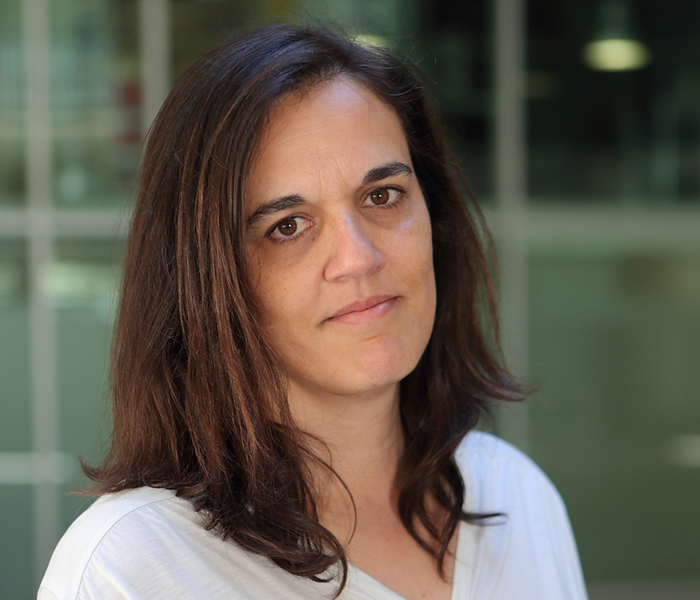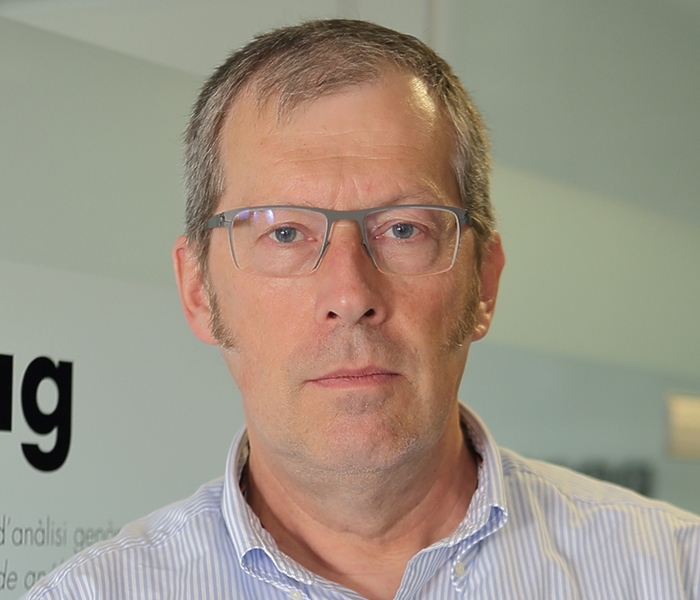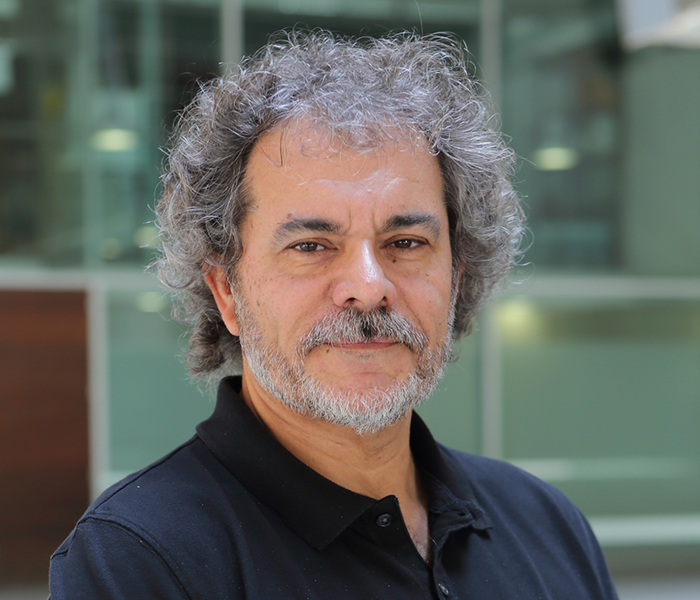In 2018, we refined our strategic priorities into five topics: Cancer, Rare Diseases, Personalised Medicine, Single-cell Analysis and the Genome in Action (epigenetics). High-throughput nucleic acid sequencing and data analysis are key to these topics. Our portfolio of sequencers has been diversified and extended by an Illumina NovaSeq6000, a 10x Genomics Chromium Controller, an Oxford Nanopore GridIon and ancillary instrumentation that all permit the streamlining of biological materials for sequencing. Instruments are now deployed according to the needs of the users of the CNAG-CRG Sequencing Unit and the CRG Genomics Unit. This guarantees sufficient capacity for all applications at both sites. We were renewed as an ICTS (Infraestructuras Científicas y Técnicas Singulares) and as of January 2019 this will include the CRG Genomics Unit and the CRG/UPF Proteomics Unit. Besides the re-certification and re-accreditation of ISO9001 and ISO17025, CNAG-CRG has become a BBMRI-Expert Center. Linking to biobanks across Europe facilitates academic and industrial research.
The EU-funded RD-Connect project that enabled us to establish the RD-Connect Genome-Phenome Analysis Platform (RD-Connect GPAP) ended in 2018. When the former scientific coordinator of RD-Connect, Hanns Lochmüller, moved, we took over the scientific leadership of this project for the final year and brought the project to a successful conclusion at the end of the year. The RD-Connect Genome-Phenome Analysis Platform is now an IRDiRC Recognized Resource, it is a key tool for the EU-funded Solve-RD project and is an important part in the upcoming European Joint Project on Rare Diseases (EJP-RD), due to commence in early 2019. The RD-Connect GPAP currently holds more than 4,000 patient entries and is used by more than 600 clinicians and researchers. In order to keep up the momentum generated by RD-Connect, we established the RD-Connect Community, which aims to maintain the connection between rare disease researchers and patients. The RD-Connect GPAP also lies at the heart of the two projects funded by the Catalan Ministry of Health (PERIS), URDCat and MedPerCan, that extend its utility to capture electronic health records and integrate genomic data from cancer patients.
CNAG-CRG researchers were also incredibly successful this year in attracting new funding, such as an ERC Synergy Project (BCLL@tlas) and several EU Horizon2020 projects (EUCanCan, which builds on the work of the ICGC-CLL project and EJP-RD). Our single-cell genomics activity brought funding from the Chan-Zuckerberg Initiative to partner up with the Human Cell Atlas project. We are taking on international leadership in genome analysis through the EU-funded EASI-Genomics Infrastructure Project, which we will be coordinating. Apart from many infrastructure activities that will be possible through this project, we will be able to establish the international standardisation of methods in genomics. Our first Innovative Medicines Initiative (IMI) project, focussed on immunotherapy for cancer, will commence in 2019. IMI projects are collaborative projects between academia and industry. A new Marie Skłodowska-Curie European Training Network, ChromDesign, will support PhD students working on nuclear structure projects. The European Commission is also supporting a Coordination and Support Action for LifeTime for the preparation of a Future and Emerging Technologies Flagship Project.
The development of computational tools for different types of analyses of genomic data are an important part of our activity. This year we released several new computational tools, namely GEM-BS, which was adopted as the standard pipeline for DNA methylation analysis by the International Human Epigenome Consortium, BigScale for single-cell analysis, and TADbit and TADkit, tools for analysing nuclear conformation.
Personalised medicine is a hot topic, and genomics has a major part to play in it. An EU member state initiative to share more that 1 million human genomes together with phenotype and clinical data across Europe in an interoperable and federated manner was launched in 2018. Several of our initiatives are putting us in an excellent position to play a major role in this project: the NAGEN1000, a pilot project funded by the Servicio Navarro de Salud-Osasunbidea, and the two Catalan PERIS projects, MedPerCan and URDCat, on the integration of genomic information into the clinical system. These projects put us on a solid path towards the fully-fledged implementation of personalised medicine and will allow us to play a key role in the medicine of the future.






